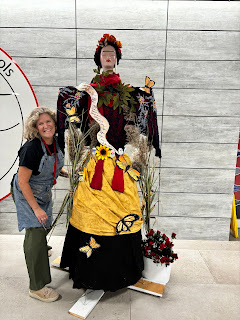Friday, January 17, 2025
Thursday, January 2, 2025
Sunday, December 1, 2024
Friday, October 25, 2024
What ANIMAL do you identify with, love to look at and/or think is awesome?
Some cultures have very strong connections to animals. They believe they are guides (spiritually) and other cultures regard certain animals as sacred. In India and Nepal cows have connection to Gods and also are symbol of "ahimsa", the practice of non-violence and peace.
Native Americans
Recent census data (2018) indicates that American Indians make up 1.1 percent of Minnesota's total population.
Many Native American cultures have the belief that a person is assigned an animal upon the time of birth. The animals are honored, as they bring teachings (known as “animal medicine”) throughout a person’s lifetime. Many indigenous peoples believe that animals have spirits and enter the human world to give their bodies to supply humans with food, fur and other materials. After their flesh is used the animals return home, put on new flesh and re-enter the human world whenever they choose. (Kirk, 1986)
Historically, a dog was seen as a sacred being that helped people, prior to the horse, by carrying wood, keeping watch of the camp, or towing the tipi. The ideas of the dog and its spiritual connections are complicated and often particular to different healers in the communities. Historians largely feel that once white settlers arrived with horses in the 1700s, dogs lost their place in Indian society, although they were still seen as an invaluable relative.
“In our culture, people traditionally don’t own animals the way other cultures have pets; the animals are left wild, and may choose to go to a home to offer protection, companionship, or even to become a part of a community. People feed the dogs and care for them, but the dogs remain living outside and are free to be their own beings. This relationship differs from one where the human is the master or owner of an animal who is considered property. Instead, the dog and people provide service to one another in a mutual relationship of reciprocity and respect.”
– Lakota Tribe
Tuesday, October 8, 2024
Frida Kahlo Scarecrow
Art Club had some fun making this artsy, earthy Frida. They included some elements from Frida’s paintings.






















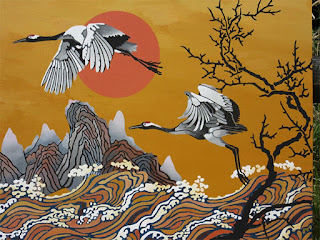









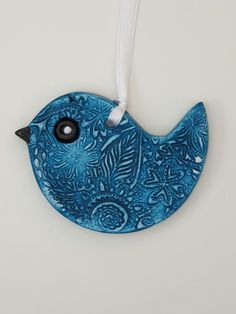




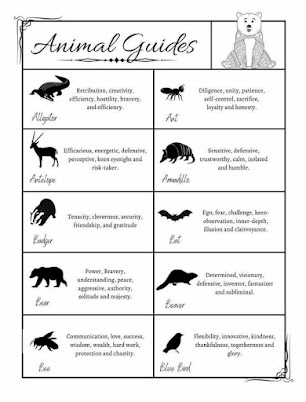
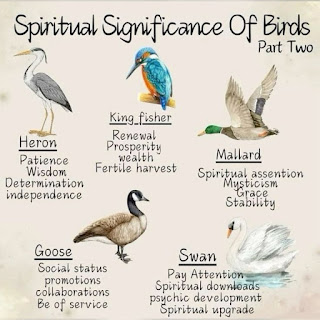







.JPEG)
